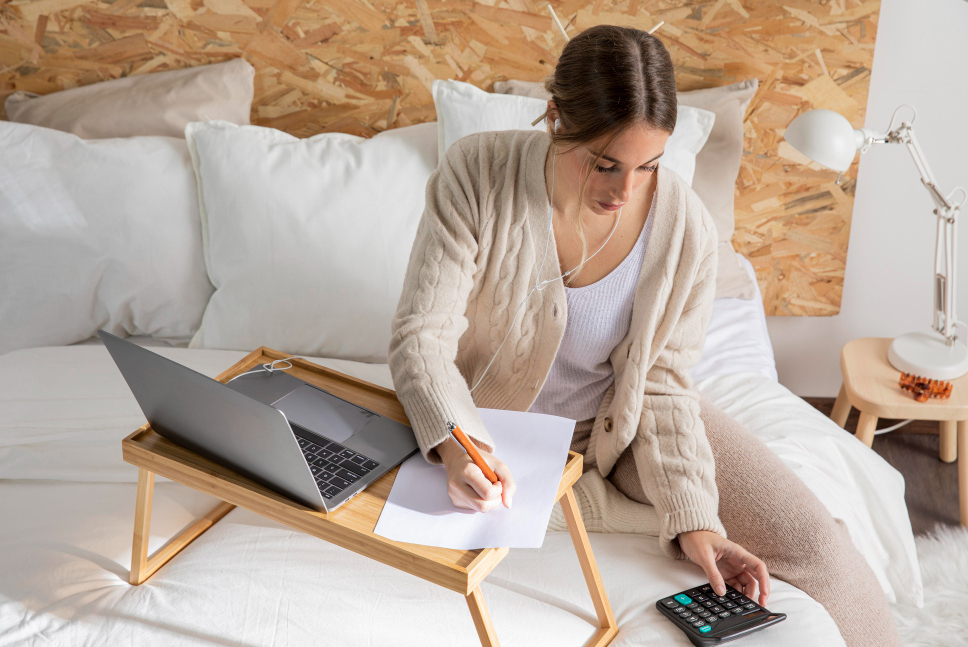

Moving into your first apartment is exciting, but the financial reality can feel overwhelming. Between security deposits, monthly rent, and unexpected expenses, many first-time renters underestimate the true cost of independent living. Creating a realistic budget before you start apartment hunting will save you from financial stress and help you find a place you can comfortably afford.
This guide walks you through every expense you'll encounter, from obvious costs like rent to hidden fees that catch many renters off guard. You'll learn practical budgeting strategies and discover how to prepare financially for this major life transition.
Most financial experts recommend spending no more than 30% of your gross monthly income on housing. However, this rule needs context. If you earn $3,000 per month, that's $900 for housing—but this includes more than just rent.
Your total housing budget should cover:
Start by calculating 30% of your monthly income, then work backwards to determine how much rent you can afford after accounting for these additional costs.
Most landlords require a security deposit equal to one month's rent, though some may ask for more. Application fees typically range from $25 to $100 per application. If you're applying to multiple apartments for rent in Gainesville, FL or other competitive markets, these fees add up quickly.
Budget for:
Many utility companies require deposits from new customers, especially if you have limited credit history. Contact local providers to understand their deposit requirements. Some cities offer combined utility services, while others require separate accounts for electricity, gas, water, and trash.
Don't forget the cost of actually getting your belongings to your new place. Whether you're hiring professional movers, renting a truck, or bribing friends with pizza, factor these expenses into your budget. Professional movers typically cost $800-$2,500 depending on distance and volume.
Your monthly utility costs depend heavily on your apartment size, local rates, and personal usage habits. Here's what to expect:
Electricity: $50-$150 per month for a one-bedroom apartment
Gas: $30-$80 per month (if applicable)
Water/Sewer: $20-$50 per month
Internet: $40-$80 per month
Streaming services: $30-$60 per month
This often-overlooked expense typically costs $15-$30 per month but provides crucial protection for your belongings. Many landlords require renters insurance, and it's wise financial protection even when optional.
Budget $50-$100 monthly for cleaning supplies, light bulbs, batteries, and small maintenance items. This category often surprises new renters who previously lived with parents or in dorms where these items were provided.
Different areas within the same city can have dramatically different living costs. When searching for apartments for rent in Gainesville, FL, compare not just rent prices but also:
A cheaper apartment might cost more overall if it requires expensive transportation to work or school. Calculate gas, car maintenance, or public transit costs when evaluating different locations.
In competitive markets, negotiation might be limited, but you can often discuss:
Financial experts recommend maintaining three to six months of expenses in an emergency fund. For new apartment dwellers, start with a goal of $1,000-$2,000 to cover unexpected costs like:
Build this fund gradually by setting aside $100-$200 monthly until you reach your goal.
You don't need to furnish your entire apartment immediately. Focus on necessities:
Budget $1,500-$3,000 for essential furniture and household items, but spread purchases over several months to manage cash flow.
Track these categories in a simple spreadsheet or budgeting app:
Monthly Income
Fixed Monthly Expenses
Variable Monthly Expenses
Savings Goals
Extremely low rent often indicates hidden problems like:
Falling in love with an apartment beyond your means leads to financial stress. Stick to your predetermined budget, even when viewing gorgeous places that stretch your limits.
Some apartments advertise low base rent but charge extra for everything from trash pickup to gym access. Read lease agreements carefully and ask about all potential fees.
Creating a comprehensive budget for your first apartment takes time, but this preparation prevents financial surprises and helps you make confident decisions. Remember that your first apartment doesn't need to be perfect—it just needs to be affordable and safe.
Start building your apartment fund several months before you plan to move. Track your current expenses to understand your spending patterns, and identify areas where you can cut costs to save for moving expenses.
If you're looking for apartments for rent in Gainesville, FL, contact The Mayfair Apartments today to schedule a personal tour and discuss pricing options that fit your budget.